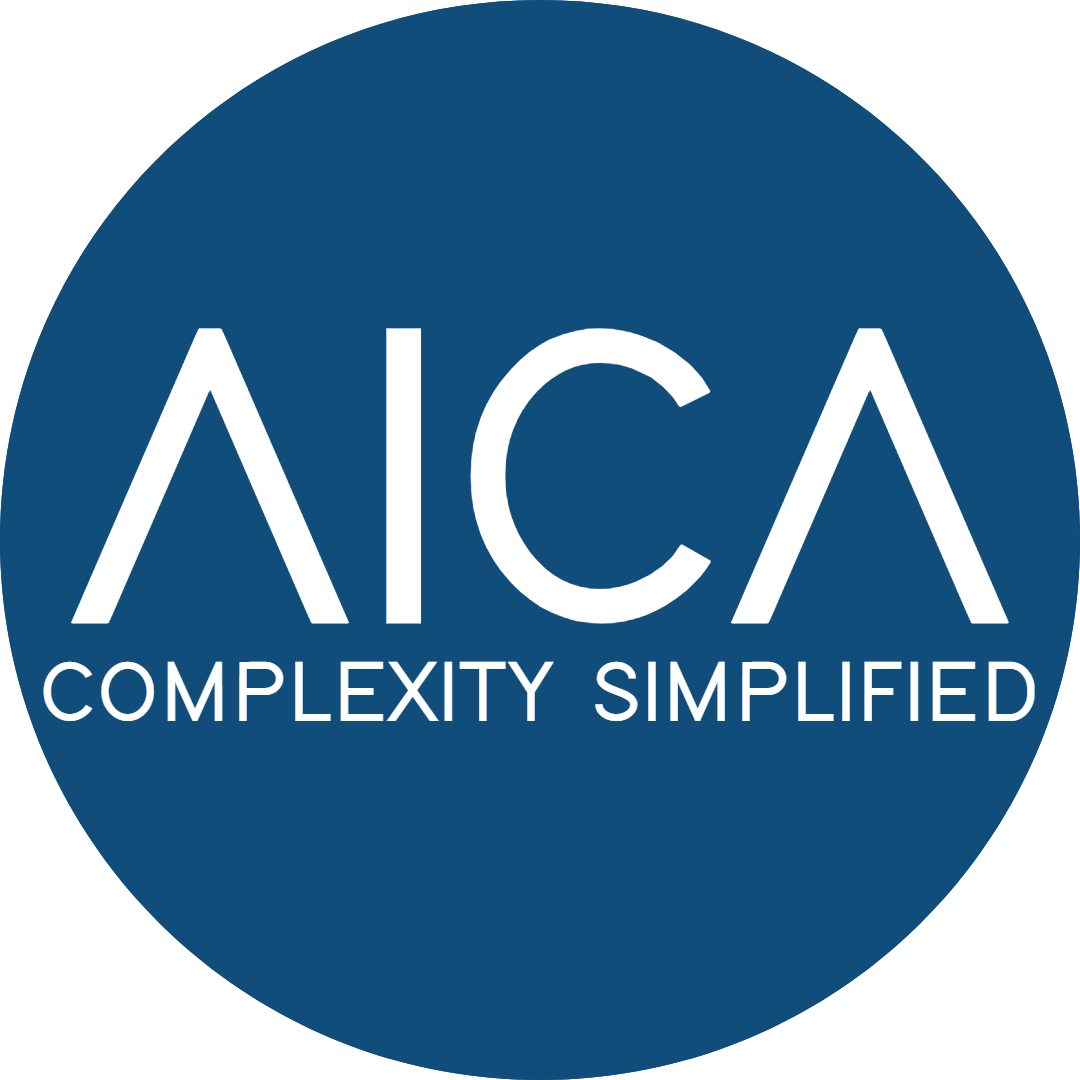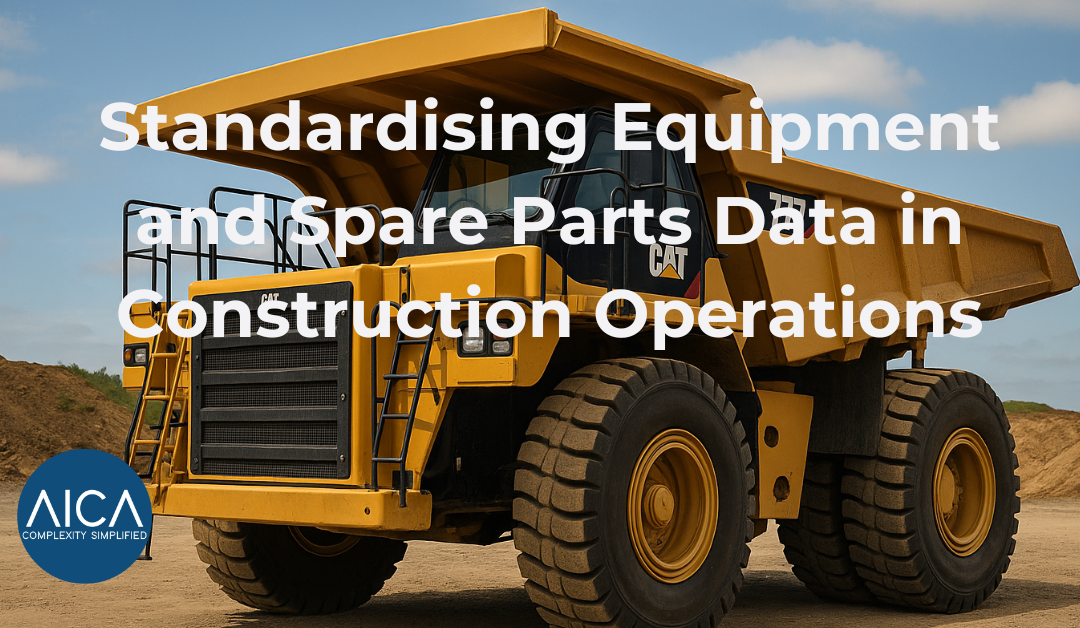In the construction industry, equipment and spare parts are the backbone of operations. Cranes, mixers, trucks, and countless spare parts keep projects moving forward. Yet, in many organisations, the data describing these assets is fragmented, inconsistent, and riddled with duplication. The result is a catalogue that slows down sourcing, complicates maintenance planning, and inflates inventory costs.
The Challenge of Equipment and Spare Parts Data
Construction companies often operate across multiple sites, each maintaining its own equipment and spare parts records. Without standardisation, the same excavator may appear as:
- “Excavator CAT 320D”
- “CAT320D Excavator”
- “320D CAT Machine”
Similarly, spare parts like hydraulic hoses or engine filters are catalogued under different names or missing key attributes such as size, material, or manufacturer.
This creates three major pain points:
- Duplicate Entries Across Sites – Multiple records for the same asset inflate inventory, obscure true stock levels, and increase costs.
- Maintenance Inefficiencies – Planners cannot easily identify which equipment needs which part, delaying repairs and creating downtime.
- Sourcing Delays – Buyers issue duplicate or vague RFQs, forcing suppliers to send clarifications and slowing procurement cycles.
For industries where one day of downtime can cost millions, poor data is a hidden but costly risk.
How Classification Solves the Problem
By applying a structured classification system such as UNSPSC, construction companies can eliminate duplication and bring clarity to equipment and spare parts catalogues. Classification ensures:
- Consistent Naming Conventions – Assets and parts are described in a standardised way across sites.
- Improved Maintenance Planning – Clear linkages between equipment and required spare parts enable faster, first-time-right repairs.
- Streamlined Procurement – Buyers can issue precise RFQs with standard descriptions, ensuring quicker supplier matching and better pricing.
With classification, organisations transform messy records into structured datasets that improve operational efficiency and procurement performance.
AICA’s Role in Construction Data Quality
At AICA, we specialise in cleansing, enriching, and classifying product and service data for asset-intensive industries like construction. Our Agentic AI platform is trained on MRO and industrial datasets, making it uniquely suited for construction equipment and spare parts catalogues.
We deliver:
- Automation at Scale – Millions of records cleansed and classified in weeks, not months.
- Domain-Specific Accuracy – Over 90% accuracy out of the box on construction equipment and spare parts data.
- Confidence Scoring – Every classification comes with a reliability score, highlighting where human review may be needed.
- Seamless ERP/EAM Integration – Direct integration with the ERP and EAM systems construction firms already use, ensuring new records are consistently structured at entry.
By combining automation with human QA/QC, we ensure data is not only fast to process but also accurate, consistent, and audit-ready.
Conclusion
For construction companies, the quality of equipment and spare parts data directly impacts uptime, procurement speed, and project costs. Without classification, duplicate entries, vague descriptions, and missing attributes slow down operations and inflate risk.
With UNSPSC classification, supported by AICA’s Agentic AI, organisations gain:
- Clearer visibility across sites
- More reliable maintenance planning
- Faster, more accurate sourcing
- Lower overall costs
Clean, structured data is more than just an IT initiative; it’s a strategic advantage that keeps construction projects moving on time and on budget.
Visit our website to book a demo today.
Copyright Reserved © AICA Data International Ltd 2025

